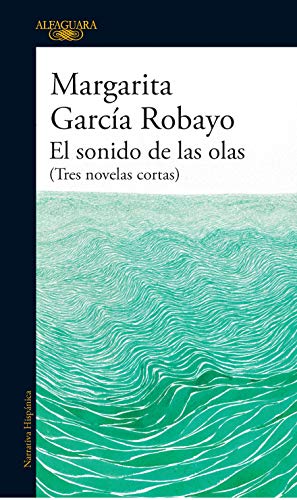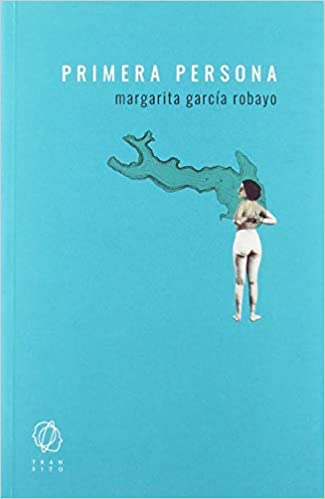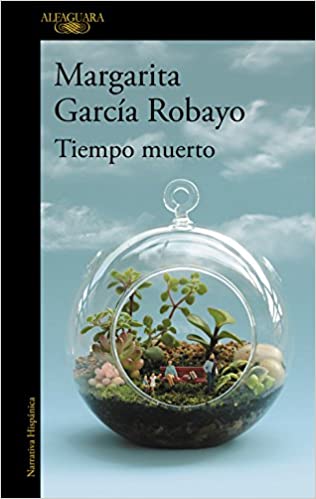Colombian literature reaps a harvest in the hands of female narrators of the first order in Spanish narrative. From Laura Restrepo but also Pilar Quintana, to Angela Becerra or own Margarita Garcia Robayo that moves between its Colombian origins and its growing roots in Argentina. Pens all of them with that rabid authenticity of writers charged with the most necessary craft, the one that overflows with commitment to making literature chronicle or projection, emotional synthesis or intellectual support...
Margarita being the youngest of the authors that I cite, this does not mean that she detracts from already more extensive bibliographies. Because in his books we find that strange gift of mature and lucid vision counterbalanced with the energy of youth. There are authors who seem to be reincarnations of others who are already wiser because they are hardened in life. And so it seems that Margarita makes her characters speak with the knowledge of who knows the farce that awaits at the end.
The truth makes you as free as it condemns. The point is to intuit in that bitter lucidity of reason transcendent stories that leave black on white, with value and substance, with relevance in case they have to be read by other souls or what could come from other worlds. What Margarita writes are testimonies of anticipated defeat, of small sums of tragedies over which the sensation finally dominates that immortality is only, then, the wonder of the moment.
Top 3 recommended books by Margarita García Robayo
The sound of the waves
Margarita García Robayo looks at the world with ruthless attention but also with extreme naturalness: she is never completely outside of what she observes or what she names, and the exercise of looking in the mirror does not paralyze her, quite the contrary.
It is impossible to describe the raw and warm irreverence of his writing. His characters resemble each other but perhaps they would not agree, because they do not want to resemble anyone and at the same time they fervently want - sometimes at any cost - to participate in the world.
The sound of the waves brings together three brilliant and disturbing novels that build something like a new dissent, because the author has her own theories about humor, modesty, bravery, rebellion, caprice, violence, desire, the careerism, trust, abuse, intimacy and loneliness, hence the rare forcefulness of this unique book.
First person
It is the direct voice of the protagonist that, if it is the author, becomes the voice and pulse that writes, the electrical connection of the letters typed with the sweat of inspiration and the imperiousness of the idea that strives to be birthed until liberation without going back with what was written and with the son thrown out into the world.
In this set of autobiographical narratives, as Leila Guerriero says, "there are neither good nor bad, but people in the midst of an intimate collapse, an intense catastrophe." The phobia of the sea; fear of motherhood; sexual initiation; his attraction to older men, madness ... In First Person there are no great plots or certainties. The author casts a wild gaze on human nature and constantly questions herself. With bittersweet cynicism and piercing irony, García Robayo opens his wounds here, which could well be those of every woman.
Time-out
Marital or couple separation. Tragedy of our time turned into that, in time out after the garbage minutes that lead nowhere except to add to the defeat. Except that the matter has a tragedy of having to look out into the world again in search of new identities or horizons. Before getting to that, there are those who are looking for a good scapegoat to burden them with the sin of time undertaken without any signs of a solution. Because he, the dead time is pressing with the approach of an end that no longer makes sense, if it could ever remotely have it.
Time-out It is a portrait of the personal tragedy that Lucia and Pablo experience, a couple whose marriage has reached the end of infatuation. "It begins as a symptom of disinterest, something tiny that later becomes naturalized and both stop wondering how it is that they are still there, marinating apathy in front of the other, agreeing to what he says as a procedure ..."
Lucia and Pablo's marriage is a mirror of the subtle form that violence can take when the end of love comes. This is the stark story of that dead time, of that wide and painful space that opens, many times inexplicably, between two beings who love each other.



